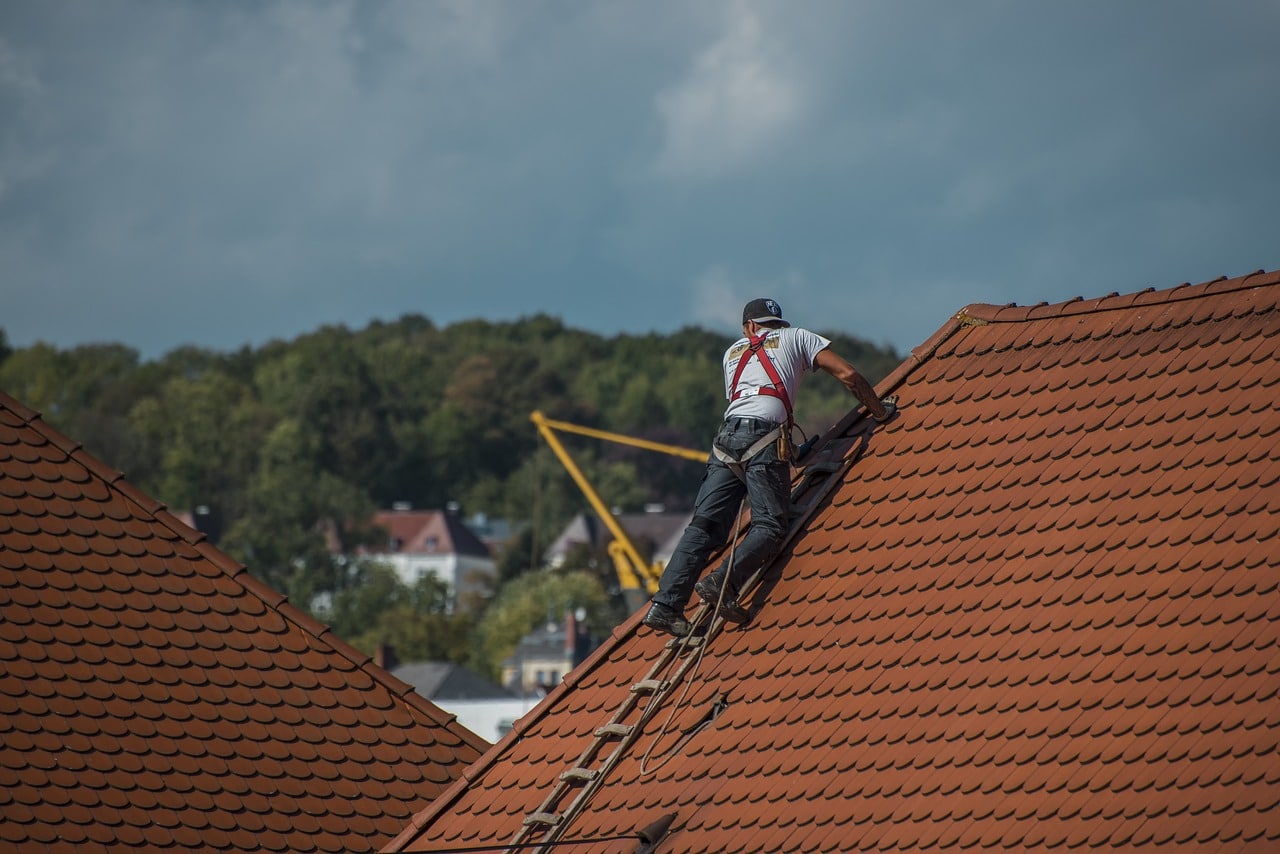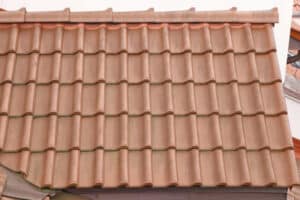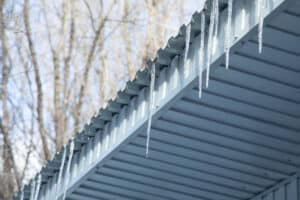As a homeowner in Florida, you are likely no stranger to the unique challenges that the state’s climate and weather patterns can pose to your home’s roof. From hurricanes and heavy rain to the intense sun, Florida roofs can take on a lot of wear and tear.
As a result, every homeowner inevitably faces the crucial question: Should I repair my roof or replace it entirely? Navigating this decision can feel overwhelming, but it is crucial to find a long-lasting solution that safeguards your home, keeps your family protected, and optimizes your financial investment.
In this article, we will outline the factors that can help you determine whether roof repair or replacement is the most suitable option for your specific situation and provide insights on how our experienced team can guide you through this crucial decision-making process.
Determining when a simple repair is sufficient or when a total roof replacement is necessary requires careful consideration of several factors, such as the age of your roof, the extent and type of damage, and its overall condition. It is crucial to balance short-term cost savings with long-term financial investment and home protection to ensure you make the most informed and beneficial decision for your unique circumstances.
To initiate this assessment, it’s important to identify the most common roofing issues faced by Florida homeowners. These issues range from weather-induced damage, such as leaks or broken shingles, to aging roofing materials or poor ventilation, which can lead to premature roof deterioration. Understanding these factors enables you to better evaluate the overall condition of your roof and determine whether repairs or replacement will provide the most effective and long-lasting results.
Assessing Roof Damage: The Role of Regular Inspections
Regular roof inspections play an essential role in maintaining the health and longevity of your roof, as they can help detect minor issues before they become more significant problems. Scheduling professional evaluations at least once a year, or following major weather events, can reveal damaged or deteriorating shingles, leaks, or other common signs of wear and tear.
If these issues are addressed promptly, they may only require relatively simple repairs, such as replacing broken or warped shingles or sealing a minor leak. However, neglecting these concerns may eventually lead to more severe damage, potentially requiring more extensive, costly repairs, or even full roof replacement.
Roof Repair: Its Benefits and Limitations
Roof repair can often be a cost-effective, short-term solution for addressing minor issues such as localized damage following a storm or localized leaks. Engaging in timely repairs can help mitigate further damage to your home, including potential water infiltration and interior damage.
However, performing repairs could be less viable in certain cases, such as when the roof is nearing the end of its expected lifespan or if the overall condition of your roofing system is poor. In these cases, continually repairing the roof could end up costing more in the long run, while still leaving your home vulnerable to damage.
It is vital to work with experienced roofing professionals who can provide comprehensive evaluations and honest advice to determine if simple repairs are the most prudent choice or if a full replacement would be more beneficial.
Deciding on Roof Replacement: Evaluating Costs and Benefits
Replacing your roof is undoubtedly a significant investment, and many factors must be considered when deciding if this is the best course of action. Some key indicators that your roof may be due for a replacement include:
- The Age of Your Roof: Regardless of the materials used, all roofs have an expected lifespan. For example, asphalt shingle roofs typically last between 20 to 30 years, while tile and metal roofing systems can endure for over 50 years. If your roof is nearing or beyond its expected lifespan, replacement should be strongly considered.
- Extensive Damage: If a large area of your roof is damaged or in disrepair, it may be more cost-effective and practical to replace the entire roof rather than conducting multiple individual repairs.
- Poor Overall Condition: Persistent leaks, sagging spots, or an accumulation of granules in gutters can be signs of more widespread problems that may necessitate a full replacement.
Replacing your roof can offer benefits as well, including improved energy efficiency, enhanced curb appeal, and increased property value. Moreover, a new roof boasts the latest advancements in roofing materials and technology, which can provide better protection for your home. While the initial cost of roof replacement may be high, the peace of mind from knowing your home is well-protected makes this investment worthwhile in the long run.
Working with Experienced Roofing Professionals: The Key to Success
Making the decision between roof repair and replacement is often complex and depends on a variety of factors. To ensure the best possible outcome, it is crucial to consult with trusted roofing professionals who can perform thorough inspections, provide expert advice, and deliver exceptional craftsmanship when performing repairs or installations.
Working with experienced contractors can help guarantee that your roofing solution is tailored to your unique situation and ensures the highest possible return on investment.
Conclusion:
Whether you decide to repair or replace your roof, it is essential to work with a team of experienced roofing professionals to guide you through the process, evaluate your roofing needs, and provide a high-quality result.
At Stratus Roofing, our skilled team of experts possesses the knowledge and expertise needed to offer the best solutions for your Florida home, considering factors unique to our state’s climate and environment. Connect with us today to schedule a consultation with our roofing company in Orlando, Florida, and let us help you make the best decision for your roof and your home.







